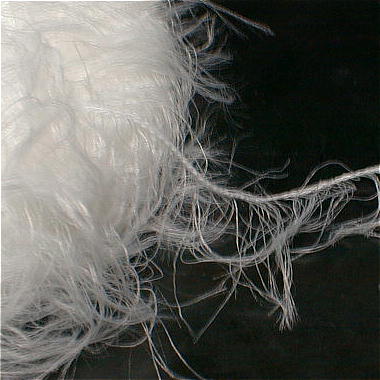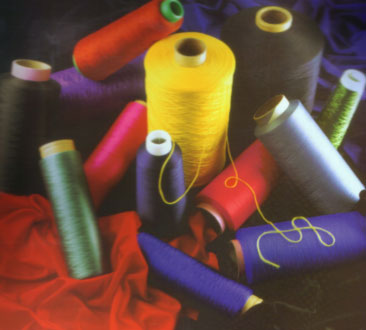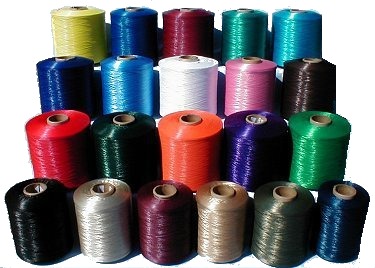 GYFT is the small abbreviated form of Garments, Yarn, Fabric and Textile. We first incorporated our business with textile products, like Cotton Yarn & export quality Fabrics in domestic market. With the passage of time we have spread our wings to more various products like steel casting, boiler materials, raw cotton, Garments, Fabric etc and it is our great pleasure that we have reached a stage where our customers trust our reliability and find our services par excellence. For any query related to this page, please send us a mail through
the following form. We will get back to you as soon as possible!
GYFT is the small abbreviated form of Garments, Yarn, Fabric and Textile. We first incorporated our business with textile products, like Cotton Yarn & export quality Fabrics in domestic market. With the passage of time we have spread our wings to more various products like steel casting, boiler materials, raw cotton, Garments, Fabric etc and it is our great pleasure that we have reached a stage where our customers trust our reliability and find our services par excellence. For any query related to this page, please send us a mail through
the following form. We will get back to you as soon as possible!


 Yarn is a long continuous length of interlocked fibers, suitable for use in the production of textiles, sewing, knitting, weaving and rope making. Yarn can be made from any number of synthetic or natural fibers. Very thin yarn is referred to as thread. Yarns are made up of any number of plys, each ply being a single thread these threads being twisted (plied) together to make the final yarn.
In some cases, thread may be monofilament, in which case it is a single fiber. The only natural fiber that is counted as monofilament is silk.
Yarn is a long continuous length of interlocked fibers, suitable for use in the production of textiles, sewing, knitting, weaving and rope making. Yarn can be made from any number of synthetic or natural fibers. Very thin yarn is referred to as thread. Yarns are made up of any number of plys, each ply being a single thread these threads being twisted (plied) together to make the final yarn.
In some cases, thread may be monofilament, in which case it is a single fiber. The only natural fiber that is counted as monofilament is silk.

